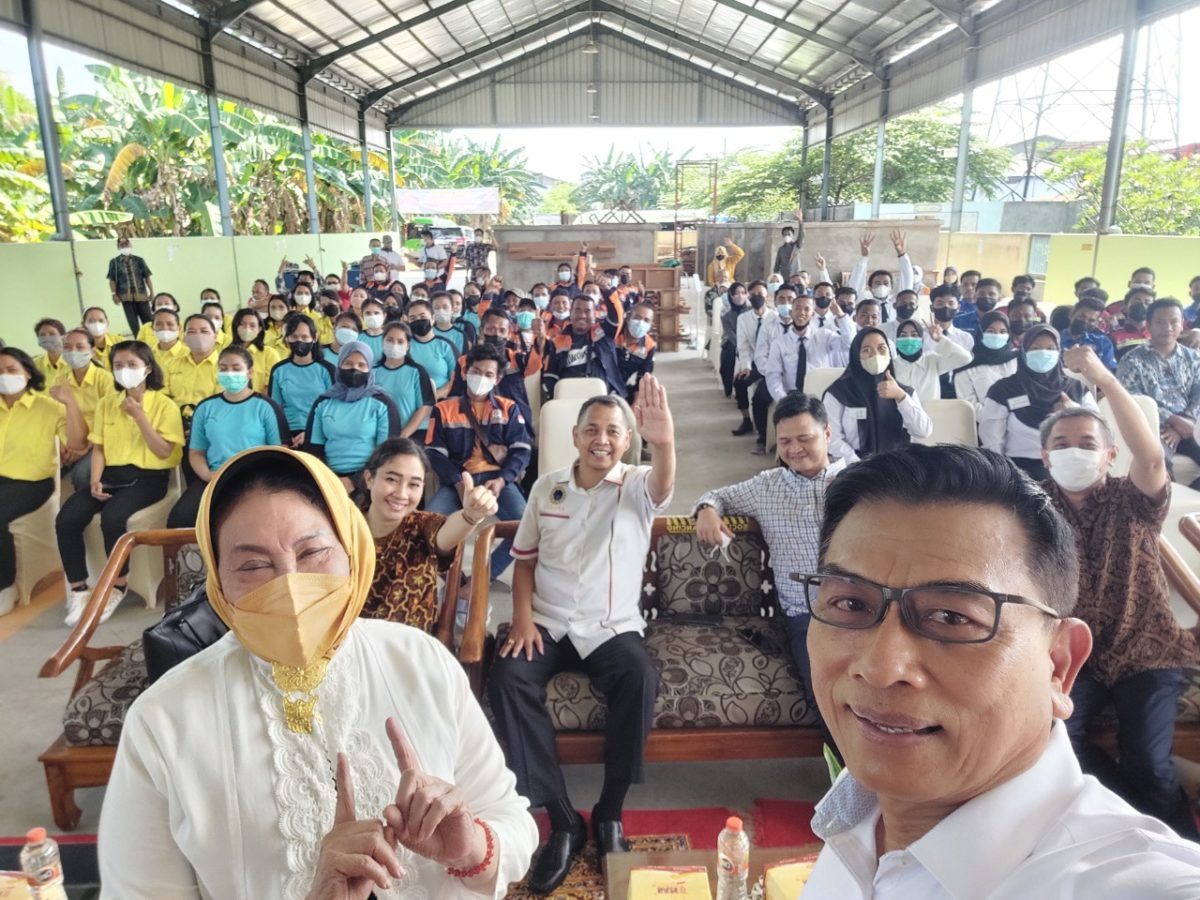Jakarta – Fajar Dwi Wisnu Wardhani, a Senior Advisor to the Executive Office of the President, highlighted the significance of Labor Day as a moment for workers and labor unions to enhance solidarity and welfare while playing a crucial role in maintaining stability across social, economic, political, and investment aspects in Indonesia.
Fajar emphasized that workers are a vital element in the nation’s development agenda. President Joko Widodo has consistently demonstrated his commitment to listening and engaging in meaningful communication with workers. This commitment is reflected in the ongoing process of amending the Omnibus Law on Job Creation, where the President places great importance on communication, coordination, and the inclusion of all stakeholders, particularly workers.
“In the process of amending the Omnibus Law, President Jokowi has given careful attention to communication and coordination, ensuring the inclusion of various perspectives and aspirations, with workers being a key focus,” stated Fajar in Jakarta on Monday (1/5).
Fajar further emphasized that President Jokowi has shown great concern for meeting the needs of labor unions, thereby ensuring the smooth implementation of national development plans. This commitment is evident through the issuance of regulations aimed at protecting and improving the competencies of workers.
Notable examples include Presidential Instruction No. 2/2021, which focuses on Social Security for Workers, Presidential Regulation No. 68/2022, aimed at enhancing capacity and skills through the revitalization of vocational education and training, and Law No. 18/2017, which focuses on the protection of Indonesian Migrant Workers. Additionally, Fajar mentioned ongoing efforts to establish regulations for the protection of Domestic Workers.
Furthermore, Fajar highlighted the increasingly significant role workers play in the political landscape. He encouraged workers to actively contribute to maintaining stability and balance, particularly in light of the upcoming political events in 2023-2024.
“Any endeavors aimed at advancing the interests of workers should be effectively communicated and well-coordinated. Let us collectively safeguard stability during this politically significant period,” concluded Fajar.
The unwavering commitment of President Joko Widodo to prioritize worker’s voices, address their needs, and foster dialogue serves as a testament to the government’s dedication to ensuring the well-being and prosperity of workers across Indonesia. With Labor Day serving as a timely reminder, workers and labor unions can continue to strengthen their positions, contributing to a more inclusive and prosperous nation.


